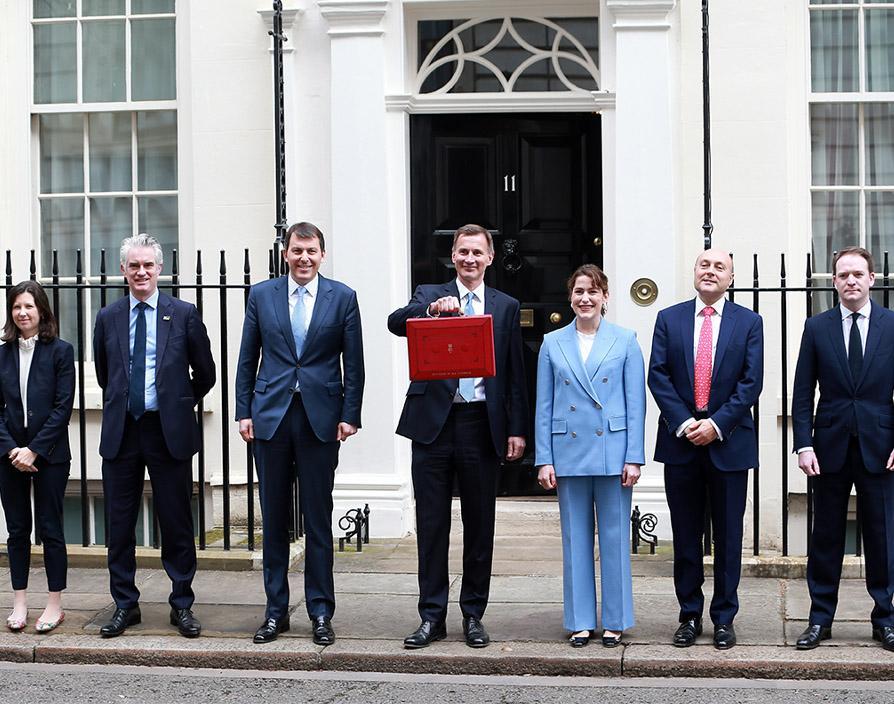Not unlike a game of Uno, the UK business landscape has been hit with reversal after reversal, largely due to ever-shifting leadership – the most prominent difference being the stakes are infinitely higher, particularly for businesses.
To continue with the business as a game analogy, there are always winners and losers when it comes to any formal budget announcement, especially where tax is concerned. This, along with the Office for Budget Responsibility (OBR) forecasting that the UK economy won’t enter a ‘technical recession’ this year has raised many questions in the industry around how this will directly impact businesses both large and small. So, what does this mean for SMEs across the country?
Energy bill support
One key addition to the Spring Budget was the energy support scheme. As expected, the new Energy Bills Discount Scheme (EDBS), coming into action from 1st April, will discount the unit rates on all eligible non-domestic gas and electricity contracts for the next 12 months.
The most poignant part to highlight here is that this is not a price cap, and the funding provided by the new EDBS scheme is markedly lower than the previous Energy Bill Relief Scheme (EBRS) – with the cap being lowered from £18 billion to £5.5 billion on this new scheme. This does represent a much lower level of support for businesses, which in turn has become a major concern for SMEs and start-ups in particular.
Childcare support
One categorically fantastic initiative the Government unveiled is the £4bn boost to childcare, with the Chancellor promising to provide an extra 30 hours-a-week to parents of one-and two-year-olds – a huge increase in funding of around £288m by 2025, on top of the existing programme of free childcare for three year-olds.
The Chancellor has said the support will be gradually initiated until every eligible working parent of under five-year-olds gets this support by September 2025.
A major issue for many SMEs has historically been the childcare dilemma – working parents, particularly mothers, have been hamstrung if they desired a career and a family. With the new childcare reforms set to come into effect by 2025, this can allow small businesses to grow from both the boardroom and employee level – nothing but good news for UK business.
Corporation tax
The main rate of corporation tax will be increasing from 19% to 25% from 6th April. This higher rate will be paid by companies making a profit of over £250,000, whereas if your company has a profit of £50,000 or less, you’ll only pay the lower margin of 19%.
There will then be a gradual increase in tax from companies making a profit between £50,000 and £250,000 – these will all be eligible for marginal relief. This means there will be a gradual increase between the 19% rate and the main rate, meaning SMEs won’t be hit with the full 25% rate right out of the gate. This does represent the largest hike in Corporate Tax since the 70s, but these unprecedented times have called for more extreme measures to stimulate the growth that the country sorely needs.
A highlight of the Corporate Tax changes is that this all means that for every £1 a company invests in IT and machinery can be deducted in full from taxable profits.
Roundup
Sarah Austin, Awards Director of www.britishbusinessexcellenceawards.co.uk, commented on the Spring Budget:
“Overall, the Spring Budget was great news for small business owners in the science and tech industries – with the enhanced research and development tax credits for AI and fintech – further compounded by the creation of many more investment zones around the UK, specifically targeting this area.
“However, it does appear to be a Spring Budget that is light on the ground for other tangible benefits to SMEs in other industries, aside from the science and technology fields.
“This is a worry, off the back of the Federation of Small Businesses warning that over 350,000 small businesses stand to downsize, restructure or close altogether due to the lack of SME-targeted energy bill relief.
“On the plus side, speaking as a mother, the importance of the childcare reform plan and its impact on UK business, particularly for women, cannot be understated. This has the potential to expedite the never-ending quest for equality, empowering so many women to be able to have the choice to pursue business if it is truly what they want.
“All in all, the Spring Budget represents much more of a tinkered plan of action, than a business-focussed regeneration announcement.”
Share via:








































